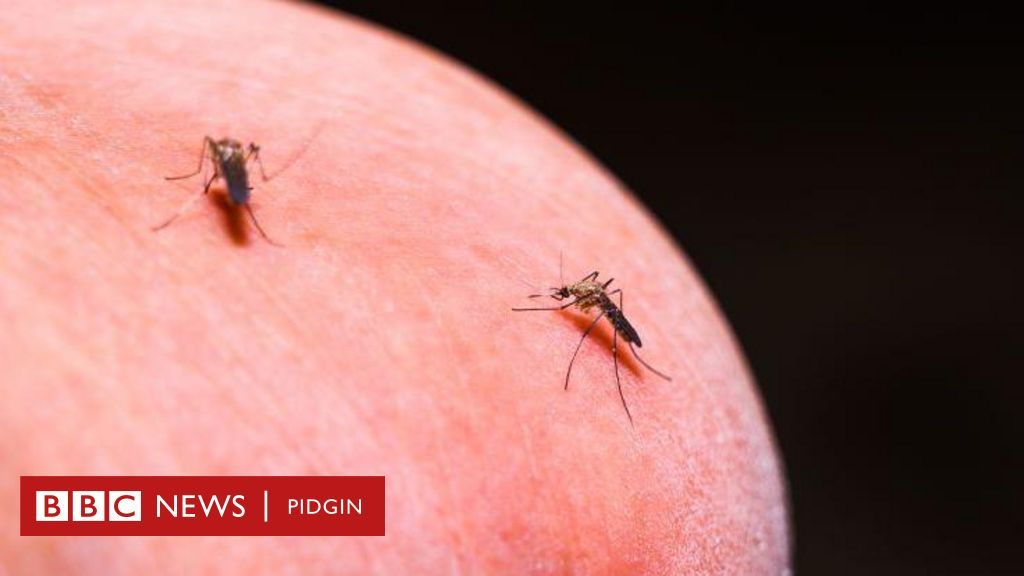Scientists Unveil Exciting New Way to Combat Malaria by Giving Mosquitoes Anti-Malarial Drugs

LONDON, MAY 24, 2025 - In a groundbreaking development, researchers at Harvard University have proposed a novel method to eradicate malaria from mosquitoes' bodies, preventing the spread of the deadly disease. The innovative approach involves administering malaria drugs directly to mosquitoes, rendering them unable to transmit the parasite, thereby reducing the risk of infection.
According to Dr. Alexandra Probst, lead researcher on the project, "We've never really tried to directly kill parasites in the mosquito before, because we were just killing the mosquito." However, this approach is no longer effective as mosquitoes have developed resistance to insecticides.
Researchers employed a unique approach by analyzing malaria DNA to identify potential weak spots that could be targeted with anti-malarial drugs. By testing two highly effective compounds on materials similar to bed nets, they discovered that even if a mosquito survives contact with the bed net, the parasites within will die, effectively preventing transmission of the disease.
"This is a really exciting approach because it's a totally new way of targeting mosquitoes directly," Dr. Probst stated.
Compared to insecticides, which typically require repeated use due to widespread resistance, this method would offer a cheap and long-lasting alternative. The effect of these drugs lasts for one year on treated bed nets, making them an attractive solution for preventing malaria transmission.
While the research is promising, further testing is required. Trials in Ethiopia are planned to assess the effectiveness of anti-malarial bed nets in real-world conditions, with results expected within six years.
This novel approach holds significant promise for eradicating malaria and could potentially lead to widespread adoption globally.
